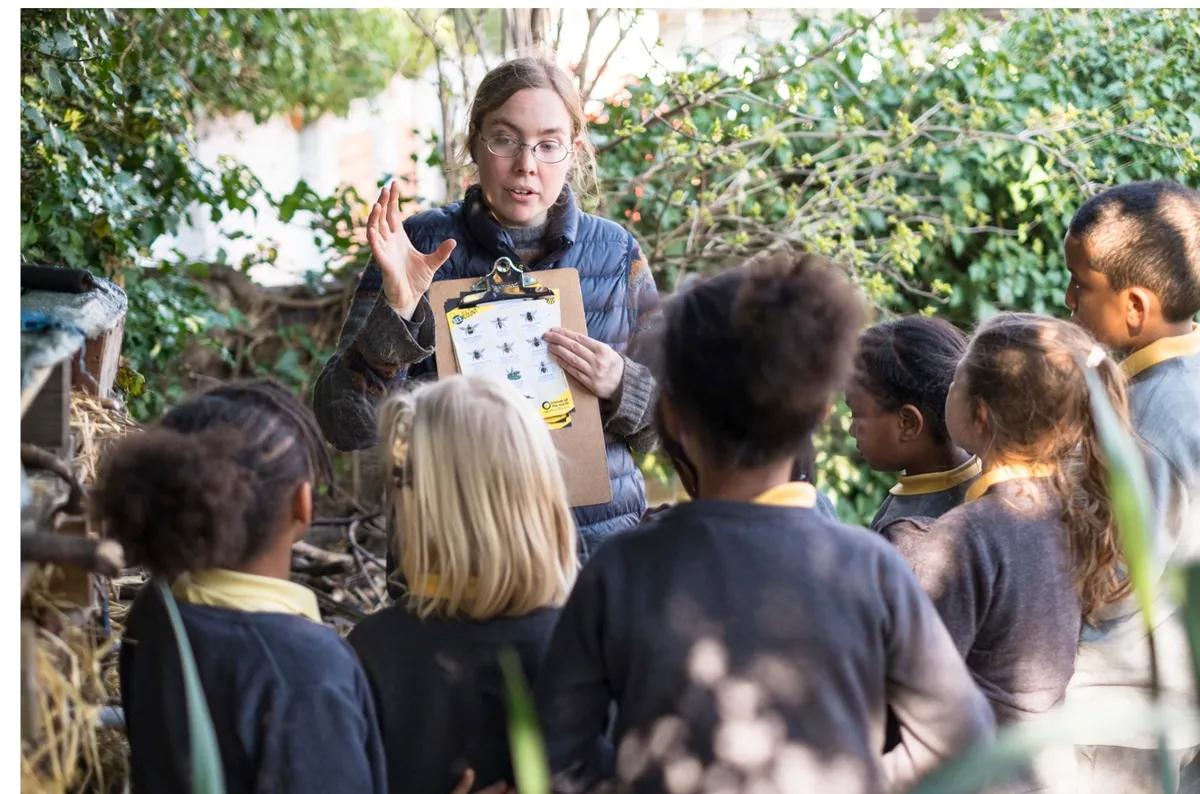The British public are being urged to grow weeds and wildflowers in their gardens to help bees as Friends of the Earth’s begin their fifth annual Great British Bee Count.
A study conducted by the wildlife charity revealed that 57% of people would allow their garden to grow wilder if it could help bees and other wildlife
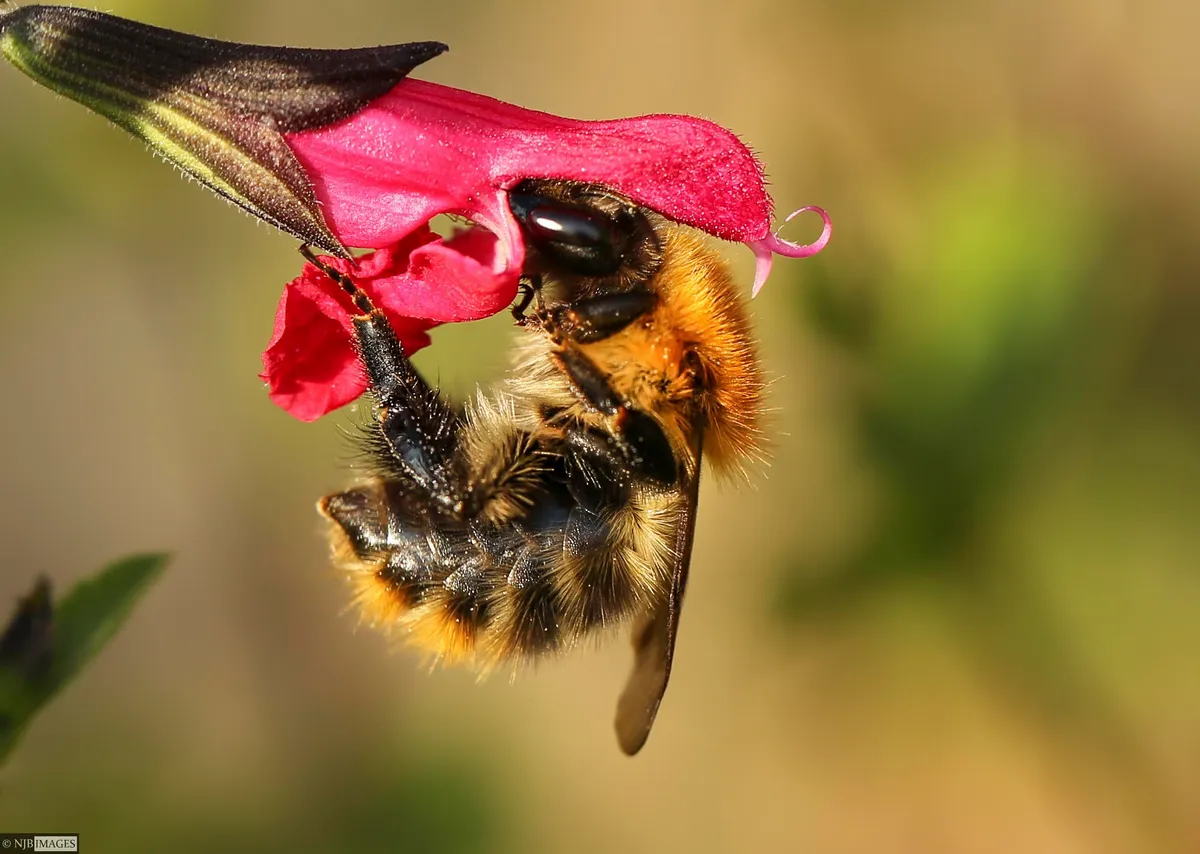
“Britain’s bees play a vital role in our environment and in pollinating the crops that feed us - but for the last 50 years they’ve been in decline, this is mostly due to the impact of industrial scale farming as well as a general loss of habitat - land for nature,” said founder of Ecotricity and Ecotalk and sponsor of the Great British Bee Count, Dale Vince.
Friends of the Earth Bee campaigner Emi Murphy added: “Habitat loss is one of the biggest threats bees face – so it’s the perfect excuse to get a bit lazy in the garden this summer and allow things to grow wild and play your part in protecting these crucial pollinators.
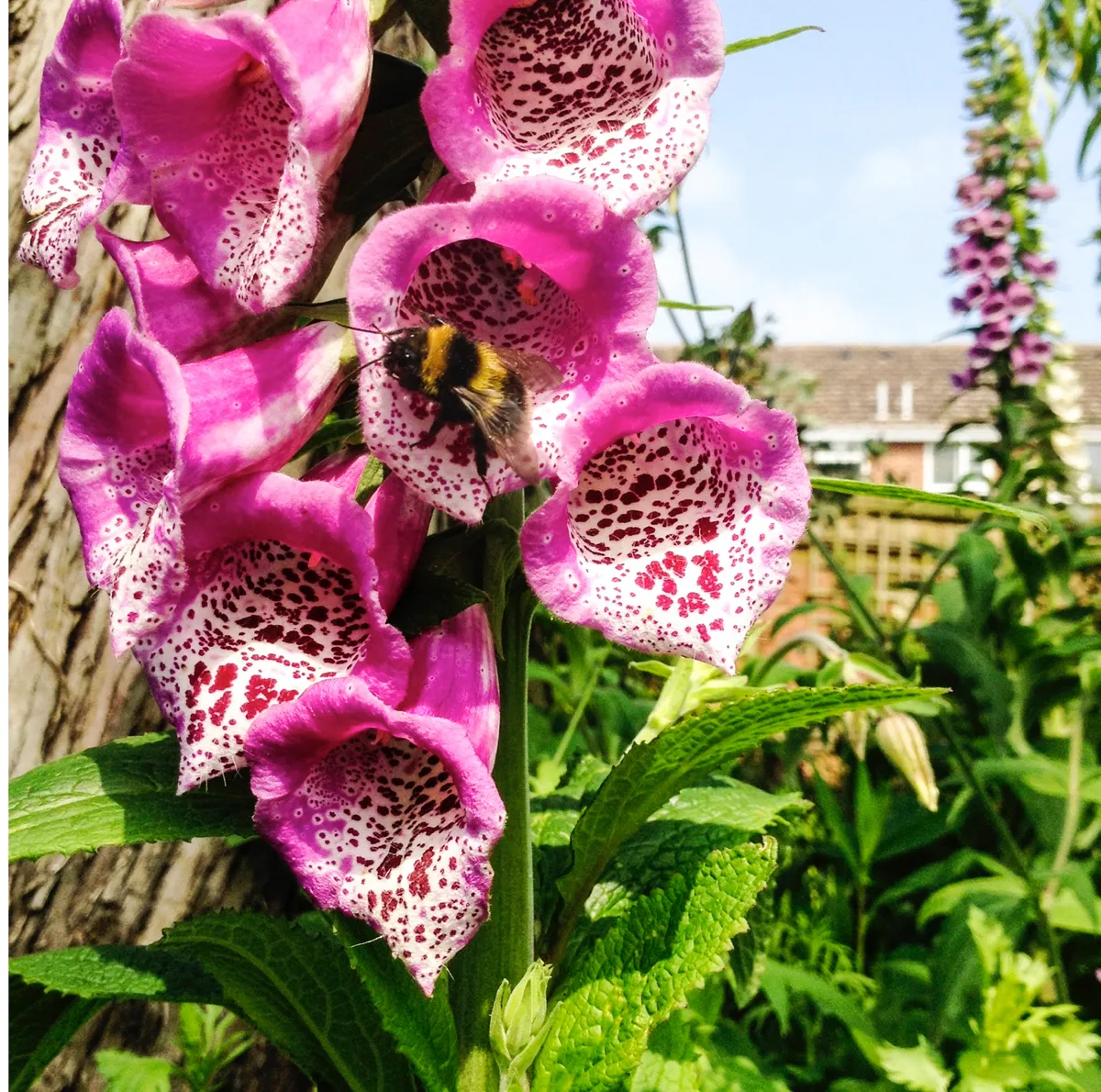
“Join the Great British Bee Count and do your bit to help the nation’s bees. Thousands of verified bee sightings from the Great British Bee Count will also contribute to the national Pollinator Monitoring Scheme – the nation’s first comprehensive health check of Britain’s bees and other pollinators.”
The Great British Bee Count uses a fun, easy-to-use and free app to record bee sightings, offering us the chance to get to know our local bee populations and what we can do to help them.
“According to a King’s Fund report, around 87% of UK households have a garden and estimates suggest that private gardens cover an area about the size of one-fifth of Wales – lots of space to create bee-friendly paradises,” said Murphy.
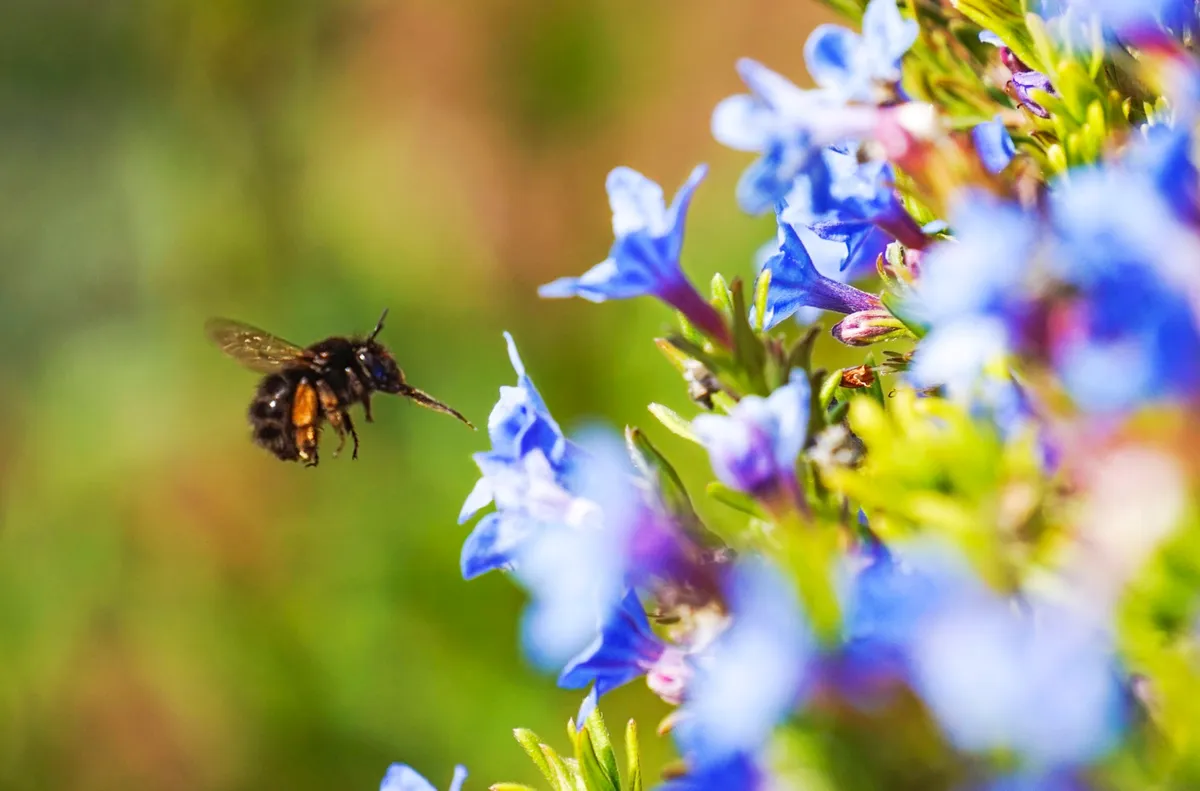
Garden writer Kate Bradbury Daily added: "The more we learn about the different bees that visit our gardens, parks and schools, the more we can do to help them. There are so many bees to learn about, from big buzzy bumblebees to teeny tiny solitary bees, not to mention the well-loved honeybee. Every single one has a different flower or nesting preference, something that makes them unique.”
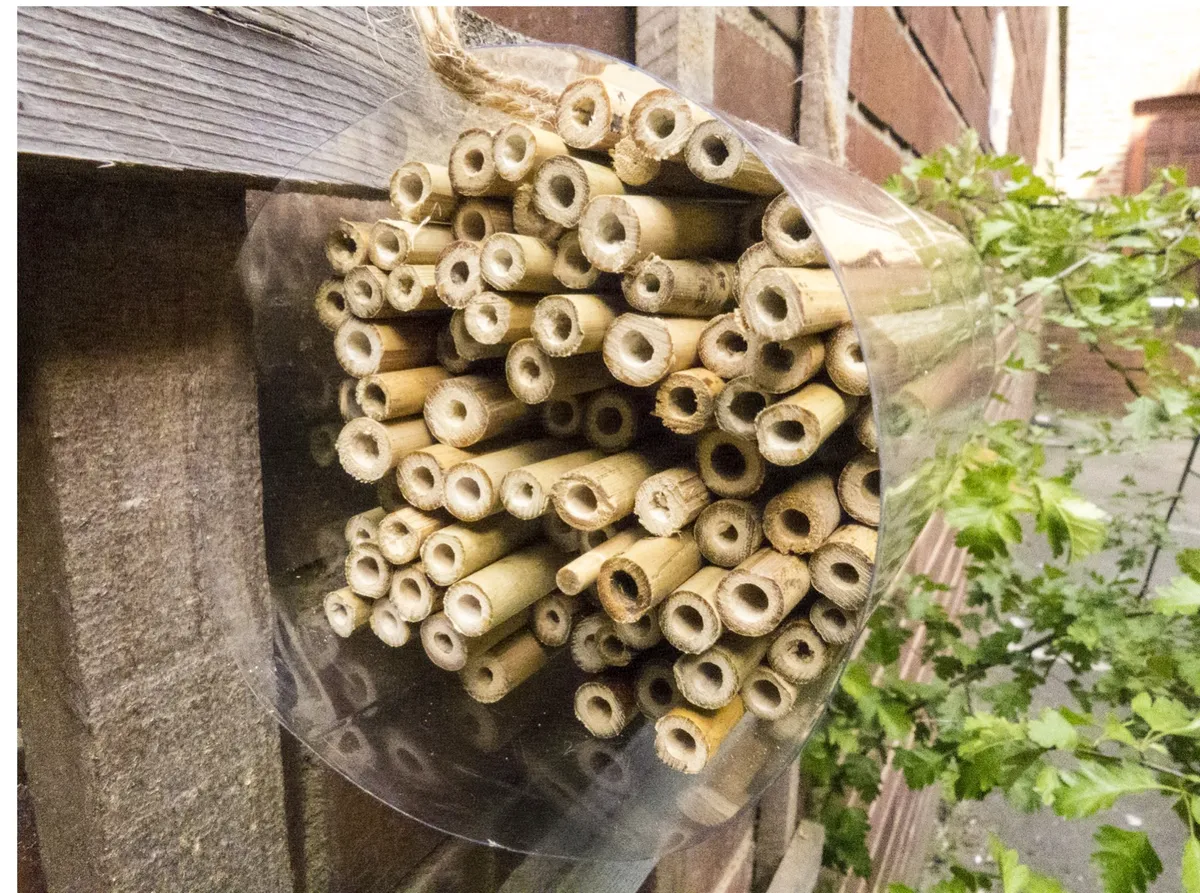
Martin Cox, gardening expert, said: "Some people think it’s impossible to have a bee-friendly garden when you’re strapped for space, but even a pocket-sized plot can become an alluring place for these fascinating pollinators. The key for me is to include a few of their favourite plants that are rich in sweet nectar."
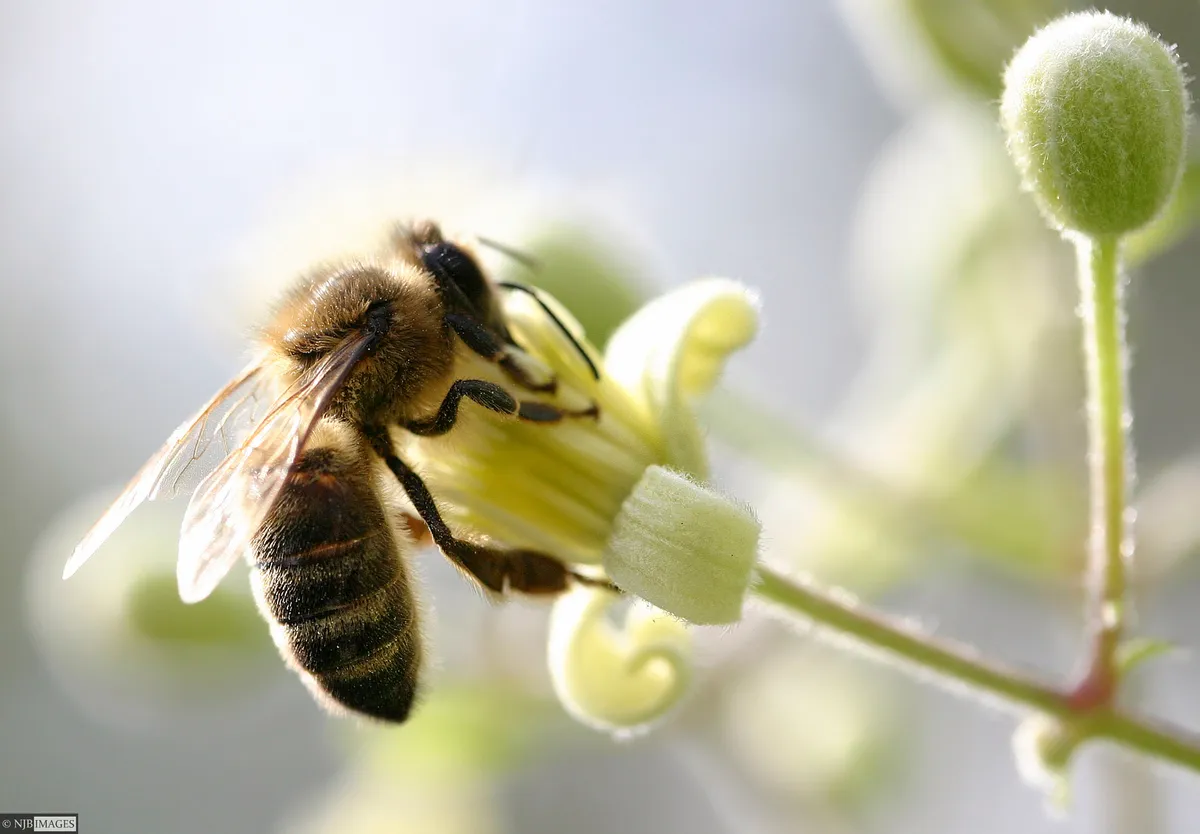
Alys Fowler, gardener and The Guardian writer, said: “Some call them weeds, but I call them rambunctious joy because surely that is what something that chooses to flower whatever the weather, however many times it’s head is chopped off, despite being trodden on, is called, to be so triumphant despite others’ prejudice. And prejudice is just what it is because whilst we were mislabelling them weeds rather than wildflowers they carried on with their vital work, feeding our bees, pollinators, beneficial insects and beetles, whatever the weather, wherever they grow.”
